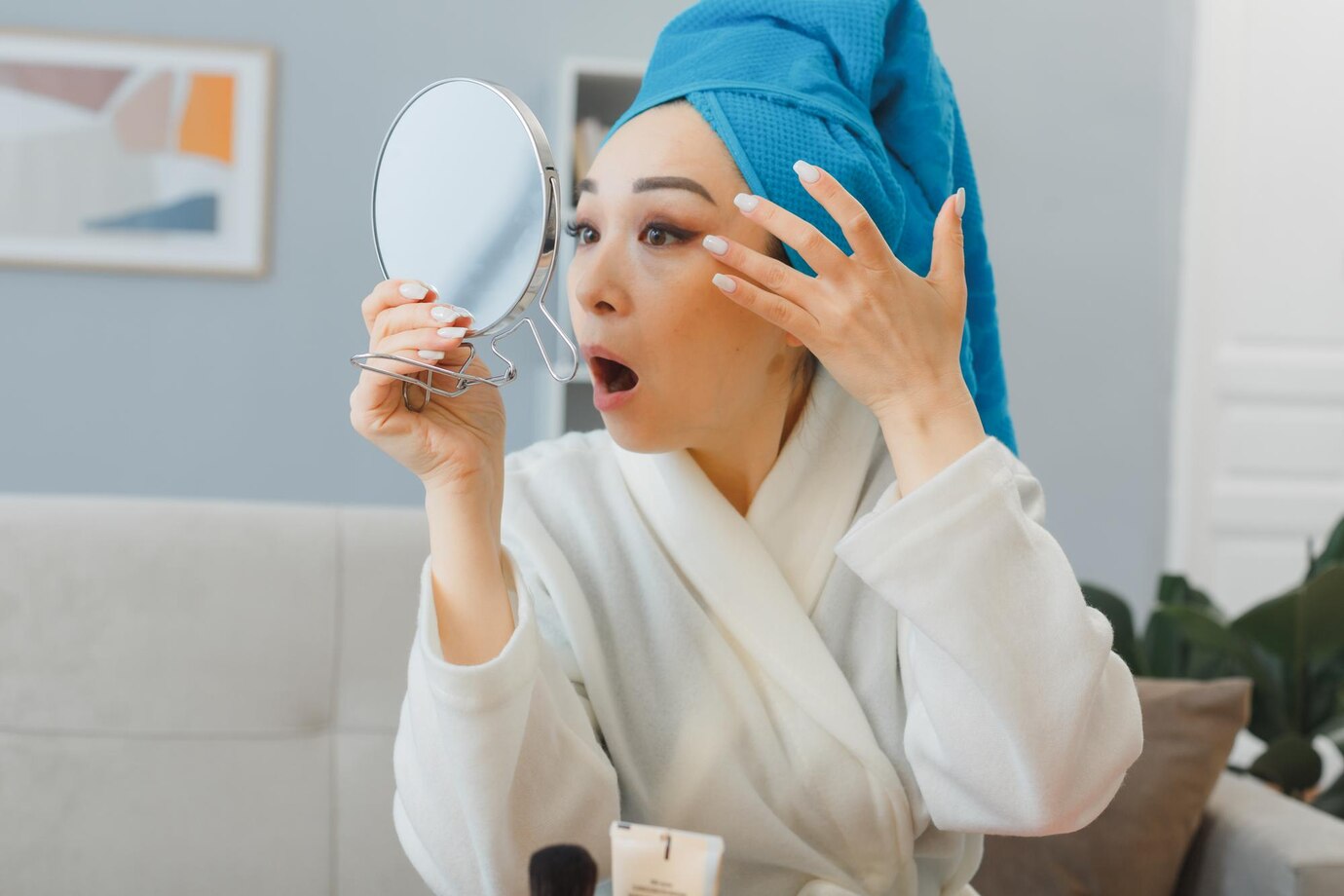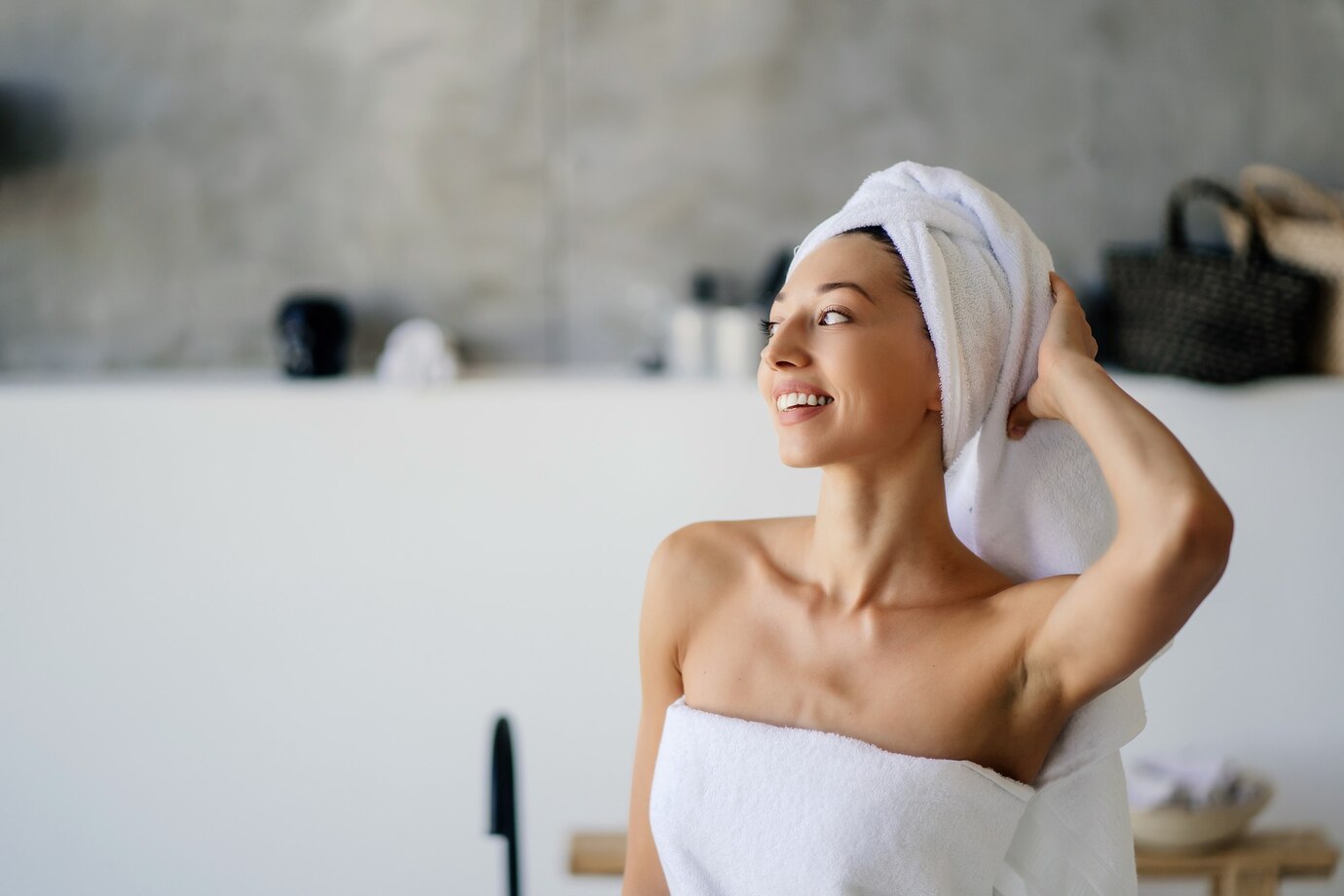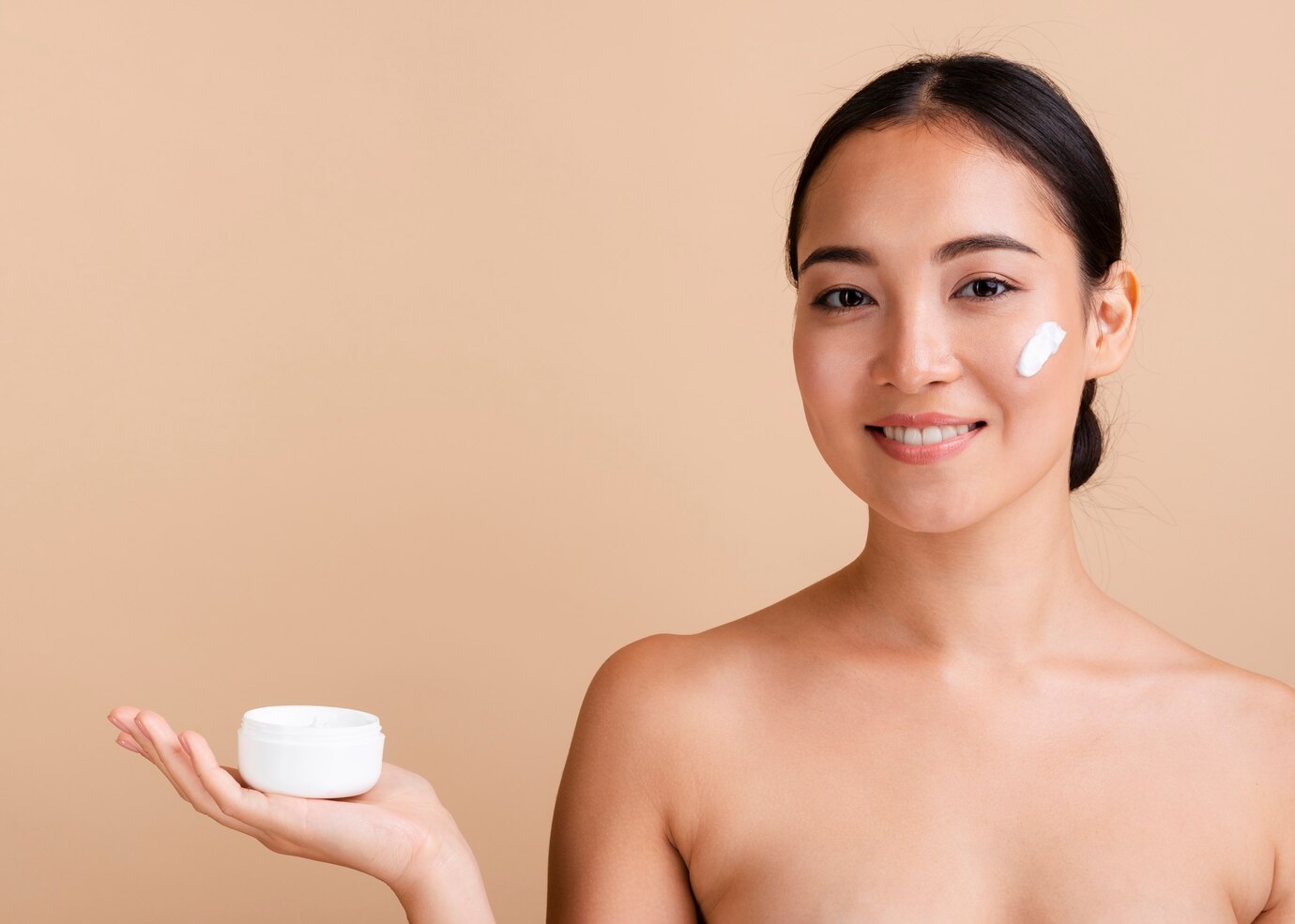
Ever wondered if cold showers can be a game-changer in your battle against acne? It’s a question that has intrigued many. Acne, a common skin condition, can be a source of distress, leading individuals to explore various remedies. Cold showers are often touted as beneficial for skin health, but how effective are they in dealing with acne?
Understanding Acne: More Than Skin Deep
To grasp how cold showers might impact acne, it’s essential to understand what acne is. Acne occurs when hair follicles become clogged with dead skin cells and oil, leading to blackheads, whiteheads, and pimples. It’s not just a surface-level issue; various factors contribute to acne, including hormonal changes, diet, stress, and genetics.
The Role of Cold Showers in Managing Acne
Exploring the effects of cold showers on acne, we delve into how this simple daily routine can influence skin health. Let’s examine the science behind cold showers and their potential impact on acne, including aspects like pore tightening, blood circulation, and oil regulation.
Cold Showers vs. Hot Showers
The temperature of the water used during showers can have differing effects on the skin. Hot water can strip the skin of its natural oils, potentially worsening acne. On the other hand, cold water tightens the skin’s pores and can regulate sebum production, which might be beneficial for acne-prone skin.
Cold Water and Blood Flow
Cold water exposure can stimulate blood circulation. Improved blood circulation brings more nutrients and oxygen to the skin, promoting a healthy glow. However, it’s important to note that while cold water can improve circulation, it’s not a cure-all for acne.
Cold Showers and Oil Production
One of the causes of acne is excess oil. Cold showers can potentially help in regulating oil production. By tightening pores and regulating sebum production, cold showers may prevent the clogging of pores, a key factor in acne development.
Cold Showers for Sensitive Skin
For those with sensitive skin, a cold shower might be a good alternative. It can reduce redness and inflammation, two common symptoms associated with sensitive and acne-prone skin.
The Impact on Dead Skin Cells
Cold water can help in keeping the skin’s surface fresh and free from dead skin cells. Although it doesn’t directly remove dead skin cells like exfoliating agents, it can play a role in preventing excessive buildup.
Cold Water and Skin’s Natural Barrier
Your skin has a natural barrier that protects against external irritants. Hot water can strip away this barrier, leading to dryness and irritation. Cold water, conversely, preserves the skin’s natural barrier, potentially preventing issues that could exacerbate acne.
Incorporating Cold Showers into Your Routine

Adopting cold showers into your daily skincare regime may seem daunting at first, but it can be a refreshing change with potential skin benefits. Now, let’s talk about practical tips on how to smoothly transition to cold showers and make them a beneficial part of your skincare routine.
Start with Lukewarm Water
Transitioning to cold showers can be a shock to the system. Start with lukewarm water and gradually decrease the temperature. This method allows your body to adapt without causing undue stress.
Duration Matters
Long exposure to cold water isn’t necessary. A few minutes of cold water at the end of your shower can suffice to gain potential benefits.
Consistency is Key
Like any skincare routine, consistency is vital. Incorporating cold showers into your daily routine could lead to more noticeable results over time.
Beyond Cold Showers: Holistic Acne Care
While cold showers can play a role in managing acne, a comprehensive approach is essential for optimal skin health. Here, we explore additional strategies, from the right skincare products to dietary changes, that can work in tandem with cold showers for a holistic acne care routine.
Combining Treatments
While cold showers can be beneficial, they should be part of a broader acne treatment plan. Over-the-counter products containing salicylic acid or benzoyl peroxide, and prescribed acne treatments, should be considered.
Moisturizing Matters
After a cold shower, using a non-comedogenic moisturizer is important to maintain skin hydration without clogging pores. This step is crucial for both oily and dry skin types.
Gentle Cleansing
Use a gentle cleanser to remove impurities without over-drying the skin. Harsh cleansers can strip the skin of its natural oils, leading to more oil production and potentially worsening acne.
Diet and Lifestyle
A balanced diet and a healthy lifestyle can contribute to better skin health. Foods high in antioxidants and omega-3 fatty acids can support skin health, while regular exercise can improve circulation and reduce stress.
The Verdict: Do Cold Showers Help Acne?

While cold showers have several potential benefits for the skin, they are not a standalone solution for acne. They can be part of a comprehensive skincare routine aimed at managing acne. The impact of cold showers may vary depending on individual skin types and conditions.
Expert Opinions
Consulting with a board-certified dermatologist is recommended to tailor acne treatments to your specific needs. They can provide guidance on whether incorporating cold showers into your regimen is appropriate for your skin type.
Final Thoughts: Enhancing Skin Health With Cold Showers
Combining our understanding of the impact of cold showers on acne, let’s conclude by revisiting the benefits they offer. Taking cold showers, as we’ve discovered, plays a significant role in influencing skin health, particularly for those struggling with acne. The cold water’s effect on blood vessels, through the process of vasoconstriction, can reduce inflammation and redness associated with acne.
Further, the efficacy of cold showers in managing clogged pores cannot be overstated. The tightening effect of cold water on the skin helps prevent the accumulation of oil, dead skin cells, and other impurities, thereby reducing the likelihood of pores becoming clogged. This action is crucial in preventing new acne from forming.
In summary, cold showers for acne present a practical and natural approach to skin care. By incorporating the habit of taking cold showers into a regular skincare routine, individuals can harness the benefits of improved blood circulation and pore management. This simple change can contribute significantly to achieving clearer, healthier skin and enhancing overall skin health.
